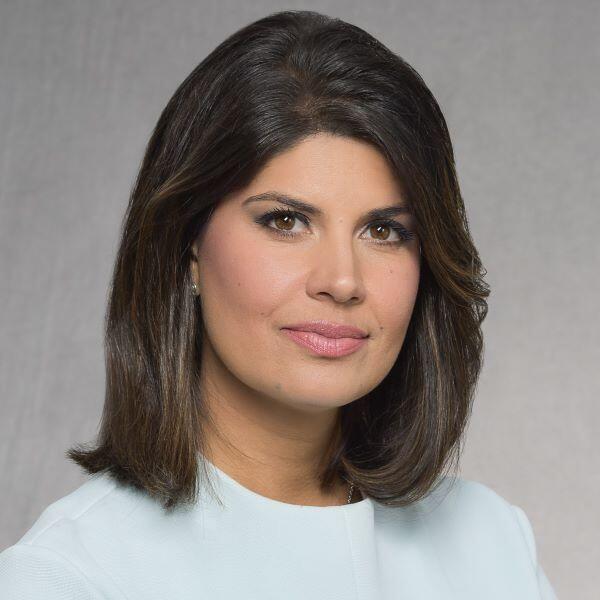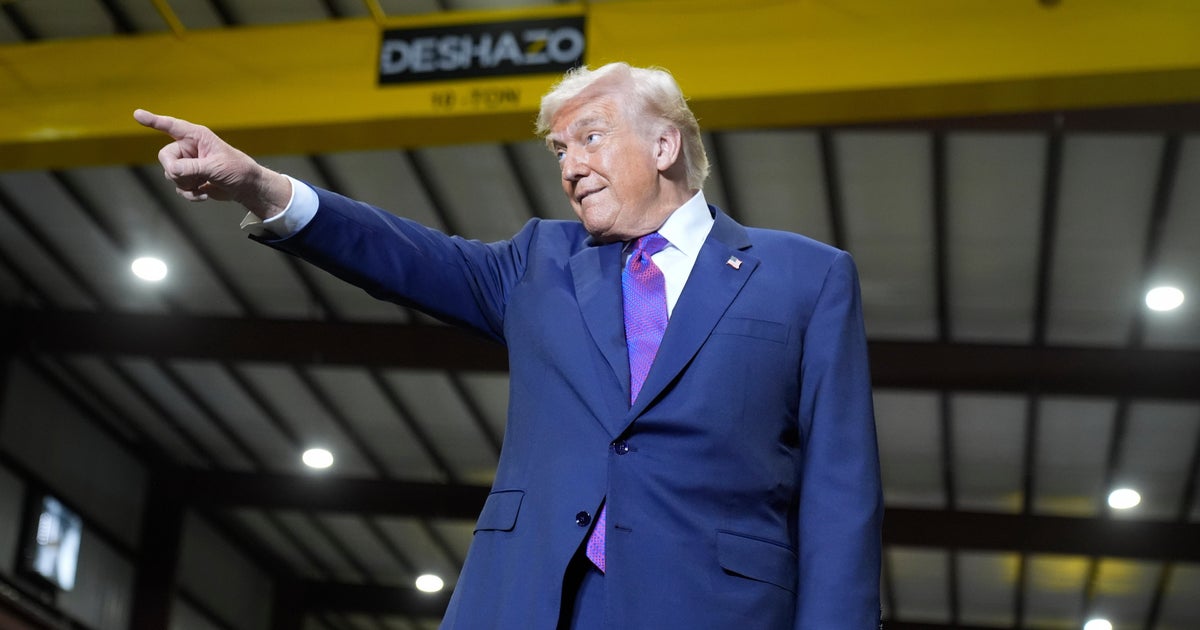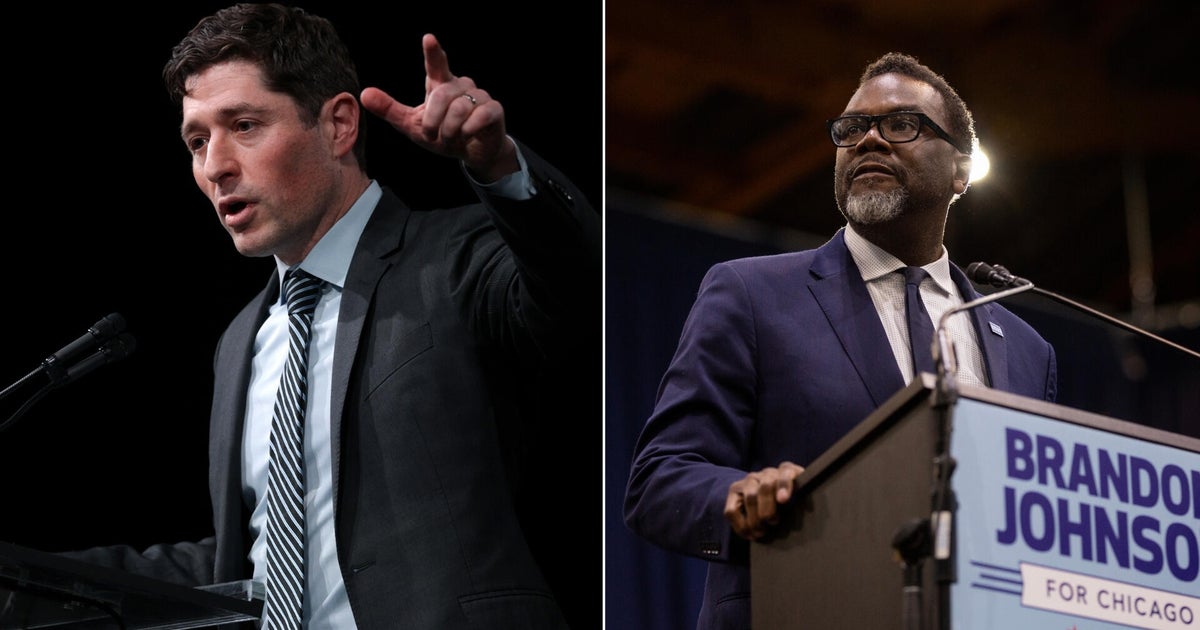Trump wins U.S. Virgin Islands GOP caucuses, in USVI's first ranked choice contest
Former President Donald Trump defeated former United Nations Ambassador Nikki Haley by a margin of 74% to 26%, the U.S. Virgin Islands Republican Party reported Thursday night.
In a Republican presidential primary race that's been winnowed from a dozen major candidates to just two before many states have had a chance to weigh in, some voters and state parties have argued something in the process needs to change. Dennis Lennox, executive director of the Republican Party in the U.S. Virgin Islands, hoped the USVI's new approach — ranked choice voting — could make a difference.
"More states should absolutely have a voice in the process, and it shouldn't just be Iowa and New Hampshire," Lennox said. USVI's GOP caucuses, which took place Thursday, will award four delegates.
Under this system, voters select five candidates and rank them by preference. Here's how the votes will be counted: the candidate who receives the fewest first-choice votes is eliminated, and his or her supporters' votes are distributed among the remaining top four, based on voters' next selections. That process of elimination and redistribution is repeated until two candidates remain and then, the candidate with the most votes wins.
"We created a fair and level playing field for each and every candidate," said Lennox. "Ranked choice voting ensures there's no such thing as a wasted vote, there's no such thing as a spoiler candidate."
Even though candidates no longer in the race still appeared on the ballot, as long as voters rank a candidate who is still in the race, their selection will count.
An estimated 5,500 voters in New Hampshire's Republican presidential primary cast wasted ballots for withdrawn candidates, according to FairVote, a non-partisan group pushing for more states to adopt ranked choice voting.
"Our system is broken right now," said Deb Otis, the director of research and policy at FairVote. "We need a system that gives voters more voice and more choice on the ballot."
She argues ranked choice voting could keep more candidates in the race for longer.
"Right now, our system pushes candidates out," she said. "There's a lot of speculation about if so and so drops out, will it help this other candidate, or will it help a different candidate? And candidates get pushed out before the voters even have their say."
In addition to the Virgin Islands, Wyoming's Democratic primary will use ranked choice, and Alaska and Maine already use it for primaries and general elections. Voters in both states passed initiatives to adopt ranked choice voting for statewide and federal elections.
Maine Secretary of State Shenna Bellows thinks it has boosted voter participation and improved civility in politics in her state.
"It requires candidates to reach out more broadly, and it makes elections not just a base turnout election, but a persuasion election where candidates are really engaging and trying to convince voters to rank them first. But if not first, certainly second or third," said Bellows.
In a general election, it could also dampen the potential spoiler effect of an independent or third-party candidate.
But critics of ranked choice voting think it might distort election results and add to voter confusion.
"Ranked choice voting makes it harder to vote, and it makes it harder to understand the results of the elections, and those two things, in particular, corrode public confidence in the voting process," argues Jason Snead of the Honest Elections Project, a group opposed to the change. Legislatures in five states, Florida, Tennessee, Idaho, Montana and South Dakota have banned ranked choice voting.
Historian and George Washington University professor Matt Dallek says it's too early to know the ultimate consequences of the reform.
"Reforms always have unintended consequences," said Professor Dallek. "The ways these things are designed does not mean that it translates perfectly into practice, and we're still pretty early on in the United States with the experiment and ranked choice voting."
Still, FairVote believes the idea will gain momentum ahead of the 2028 presidential race as more states consider the change.
"We have seen growing interest from party members and elected officials in implementing ranked choice voting," said Otis. "2028 could be a really crowded year for candidates, possibly from both parties."
Voters in Nevada and Oregon will consider the question on this year's ballot.
A growing number of cities, including New York, have also moved to ranked choice for their local races.




